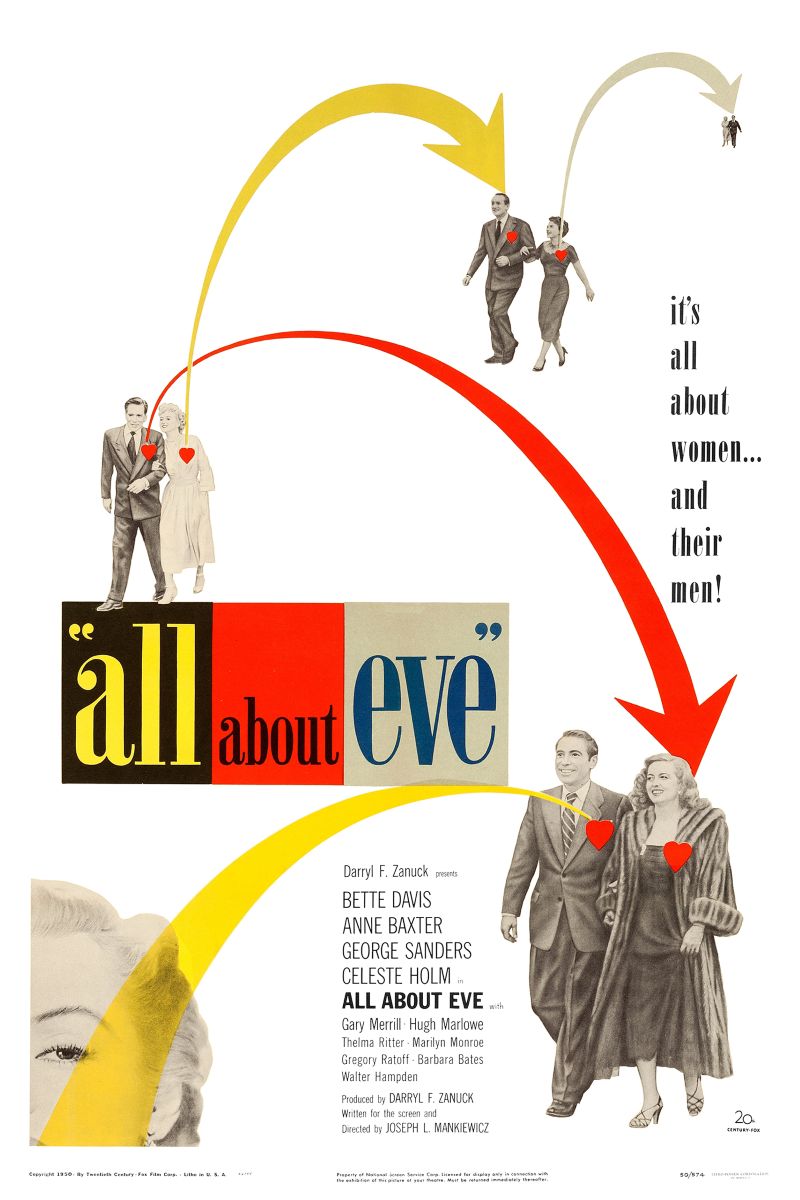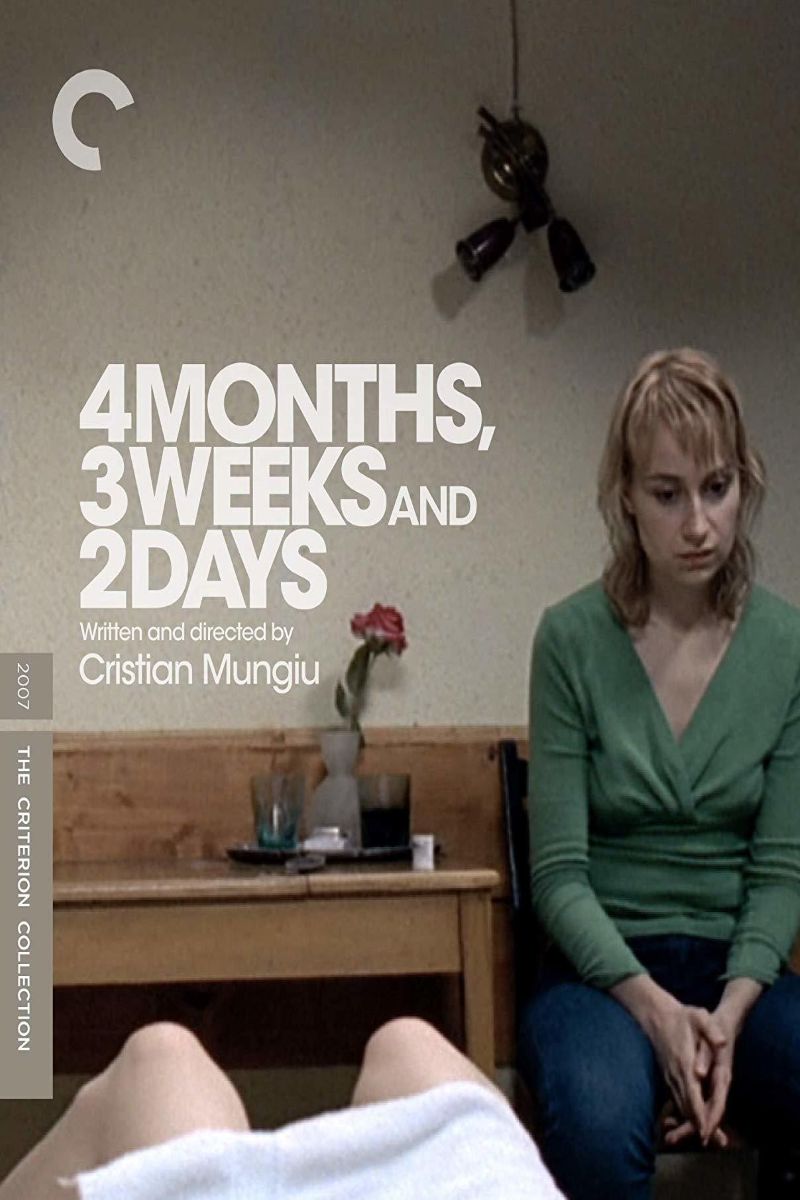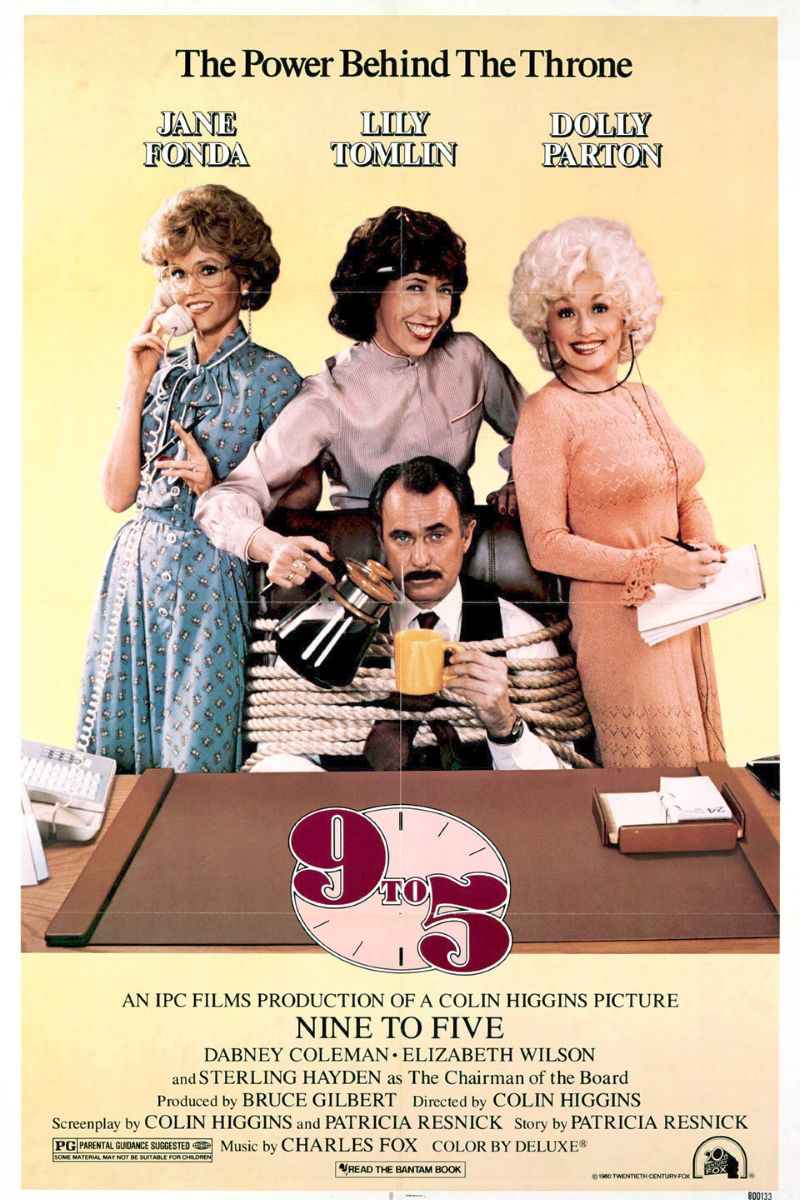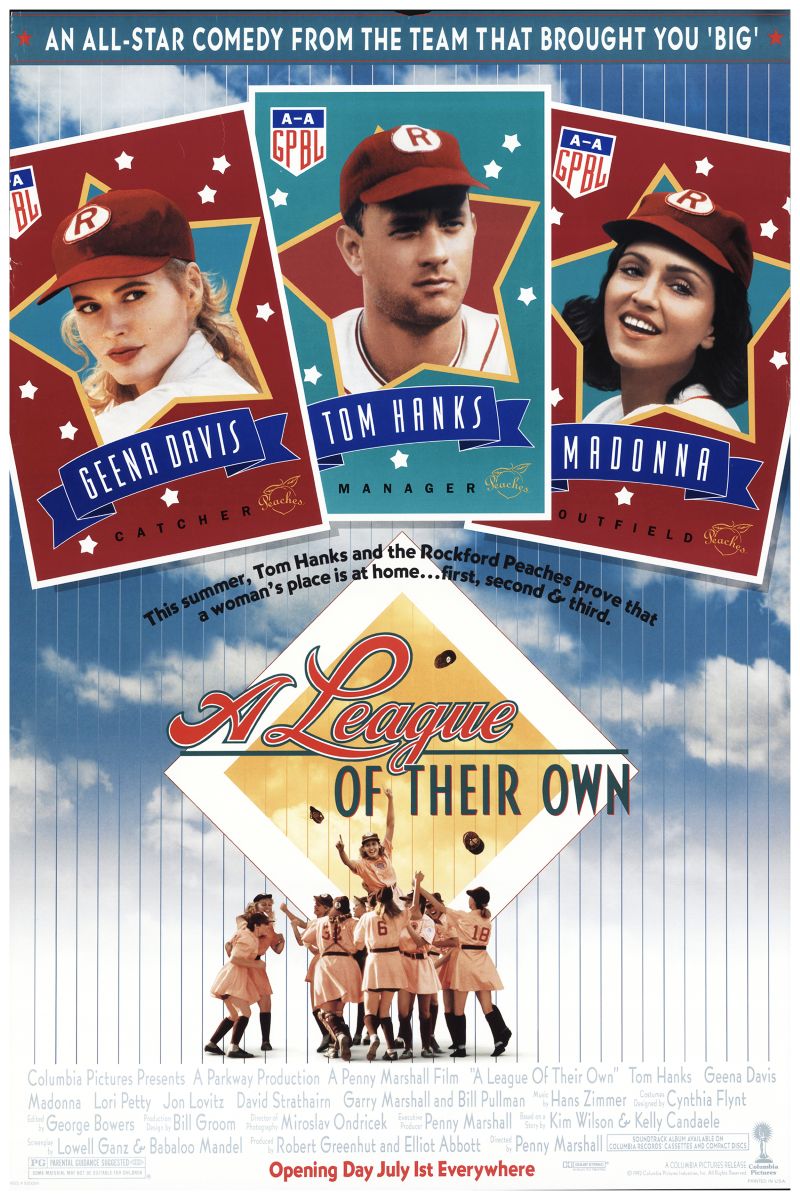
All About Eve
All About Eve
Behind Broadway's glittering stage, a legendary actress and an ambitious young woman engage in a complex battle over age, power, and women's survival space. This classic black-and-white film explores workplace gender dynamics and generational conflict in patriarchal society through sharp dialogue and profound character development.
Cast
Related Topics
🎥 Film Analysis & Review
“All About Eve” stands as one of Hollywood’s Golden Age’s most precise and brutal dissections of women’s workplace survival. In this psychological drama set against the backdrop of the theater world, director Joseph L. Mankiewicz created a microcosm of patriarchal society, revealing the systemic challenges women faced in 1950s America through the rivalry between Margo Channing (Bette Davis) and Eve Harrington (Anne Baxter).
The film’s central conflict revolves around the dual oppression of age and gender. Forty-year-old Margo stands at the dangerous precipice of an actress’s career—in an industry that worships youth, she must race against time while simultaneously facing direct threats from younger women. This predicament transcends personal anxiety to reflect society’s entire framework for valuing women. When Margo laments having to compete with a twenty-five-year-old for roles meant for her age, she voices the brutal reality that all professional women potentially face.
Eve’s character complexity lies in her dual role as both victim and perpetrator. As an ordinary girl from Wisconsin, she represents countless women seeking to transcend class and geographic limitations. However, her chosen methods—manipulation, deception, and betrayal to achieve success—reflect the survival strategies that marginalized groups are forced to adopt in societies lacking fair competition mechanisms. Mankiewicz skillfully avoids simplifying her into a villain, instead demonstrating how systems shape women into adversaries.
The film’s portrayal of female friendship deserves particular attention. The relationship between Margo and her friend Karen Richards (Celeste Holm) showcases the importance of women’s support networks while simultaneously revealing their fragility. When Eve manipulates their relationship, this friendship faces severe testing, exposing the difficulty of women’s solidarity under competitive pressure. This depiction anticipated later feminist theoretical discussions about “female antagonism” phenomena.
From a power analysis perspective, “All About Eve” presents a game where men establish the rules. Though women are the protagonists, real power rests in male hands—from producers to critics, directors to investors. Women can only compete for limited resources and opportunities within this framework. Addison DeWitt (George Sanders) particularly embodies how male intellectual elites exercise cultural authority to control women’s destinies.
The film’s dialogue, celebrated as among Hollywood’s most witty and sharp scripts, conceals profound gender politics beneath these lines. When Margo delivers her famous “Fasten your seatbelts, it’s going to be a bumpy night,” she’s not merely describing a dramatic evening but forecasting the turbulent life women are destined to experience in patriarchal society.
From feminist film criticism perspectives, “All About Eve’s” significance lies in its honest portrayal of internal divisions and competition among women, without romanticizing or oversimplifying them. Rather than providing simple sisterhood narratives, the film reveals how structural inequities affect relationships between women. This complexity makes it more valuable from a feminist standpoint than many superficially more “women-friendly” films.
Bette Davis’s performance is considered the pinnacle of her career, crafting Margo as a complex woman who is simultaneously strong yet vulnerable, intelligent yet blind. This acting style challenged mainstream 1950s cinema’s ideal female image—docile, young, obedient. Margo’s acerbity, ambition, and insecurity make her a real person rather than a stereotype.
The film’s portrayal of the entertainment industry carries broader social significance. The theater world’s brutal competition, false friendships, and surface prosperity reflect common characteristics across all industries in capitalist society. Women’s position within this system—forced to compete against each other, discriminated against by age, judged by men—epitomizes gender inequality throughout society.
However, the film also demonstrates women’s resilience and wisdom. Margo’s ultimate choice to leave New York and accept a more private life can be read as rejecting patriarchal cultural values or as strategic withdrawal. She recognizes that in an industry so harsh toward women’s aging, the cost of continued fighting might exceed the returns.
“All About Eve’s” ending presents a circular structure—Eve now faces threats from even younger women. This cycle suggests the persistence of systemic problems: as long as society continues judging women’s value through youth and appearance, this generational conflict will repeat endlessly.
From historical context, this 1950 film emerged during a period when American women had just been “sent back home” from wartime work. The film’s depiction of professional women’s dilemmas somewhat reflects social anxiety about women’s career ambitions. Margo represents those women who refused to completely return to domestic roles, and her challenges foreshadowed core issues that the 1960s women’s liberation movement would address.
The film’s visual language also merits attention. Black-and-white cinematography creates dramatic contrast effects, intensifying psychological tension between characters. Careful interior scene arrangements—from Margo’s luxurious dressing room to Eve’s modest apartment—use spatial contrasts to demonstrate the dynamic changes in power relationships.
“All About Eve’s” enduring influence lies in its prescient insight into women’s workplace experiences. Many issues the film depicts—age discrimination, competitive pressure among women, double standards facing successful women—persist today. This makes this seventy-plus-year-old film remain relevant to contemporary feminist discussions.
The film’s treatment of ambition itself is particularly nuanced. Rather than condemning women’s professional aspirations, it examines how patriarchal structures force women to channel their ambitions in destructive ways. Eve’s ruthlessness becomes understandable, if not excusable, when viewed as a response to limited opportunities and impossible standards.
The character of Addison DeWitt represents the male intellectual who profits from women’s conflicts while maintaining an air of sophisticated detachment. His manipulation of both Margo and Eve reveals how patriarchal power operates not just through direct oppression but through the cultivation of female rivalry and insecurity.
Ultimately, “All About Eve’s” value extends beyond its exceptional artistic achievement to its profound insights into women’s circumstances. It offers no simple solutions but honestly presents the complexity of the problems. In a society still striving for gender equality, Margo’s dilemma reminds us that genuine change requires not just individual effort but fundamental reflection and reform of entire social structures.
🏆 Awards & Recognition
- • Academy Award for Best Picture
- • Academy Award for Best Director
- • Academy Award for Best Adapted Screenplay
- • Academy Award for Best Supporting Actor (George Sanders)
- • Academy Award for Best Costume Design
- • Academy Award for Best Sound Recording
- • Most Oscar-nominated film in history (14 nominations)
⭐ Ratings & Links
Related Recommendations
Comments & Discussion
Discuss this video with other viewers
Join the Discussion
Discuss this video with other viewers
Loading comments...



